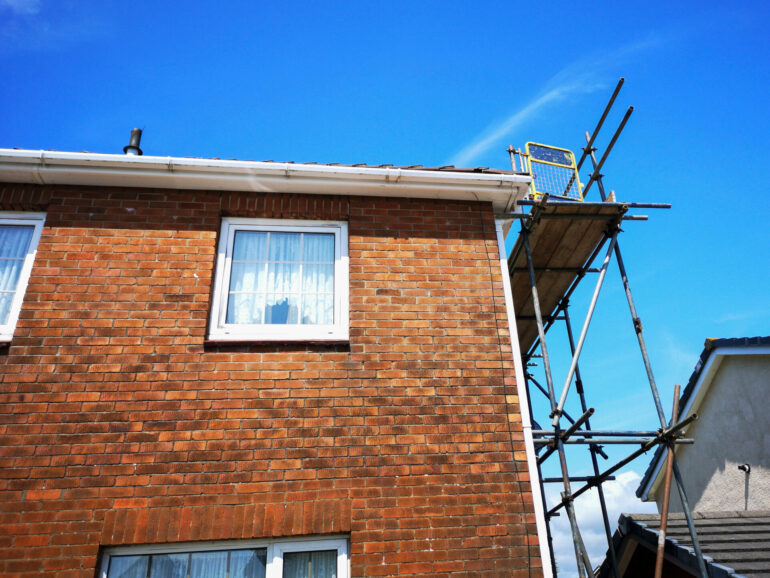Two-thirds (64%) of British homebuyers who purchased a home within the last 10 years renovated their home within the first two years of its purchase, according to data from Zoopla.
Those who purchased older homes were more likely to make changes within the first two years, with 71% of buyers doing so compared to 41% who bought a newly built property.
Almost half (45%) of buyers who purchased older homes prioritised their unique charm, while nearly nine out of 10 (88%) of those who bought a home in the last 10 years carried out renovations.
A fifth (21%) of respondents cited the lack of availability of new homes in their preferred area as a reason why they purchased an older home.
Cheaper improvements like painting or decorating and garden revamps are the most popular among buyers, with those who carried out these improvements spending an average of £2,495 and £3,538 respectively.
A new boiler was the only practical improvement with a cost of under £5,000 that featured in the top five most popular enhancements.
36% of buyers who purchased older homes had to replace the boiler compared to 13% of those who bought a newer home.
Buyers who made improvements spent an average of £20,760, ranging from £18,572 for those who purchased a newly built property to £21,485 for those who bought a home over 10 years old.
Drivers for renovations include outdated features (47%), improving energy efficiency (26%), increasing the resale value (22%) and fixing structural defects (15%).
Daniel Copley, consumer expert at Zoopla, said: “It’s clear that an Englishman’s home is still very much his castle with buyers demonstrating a clear demand to renovate and add their personal touch to their home despite soaring material and building costs.
“The most important thing to consider when buying either an older property or a newly built home is your budget.
“Older homes often require more maintenance compared to newer homes and whilst newer homes might seem expensive, the building standards they are built to mean you might end up saving more in the long run.”



